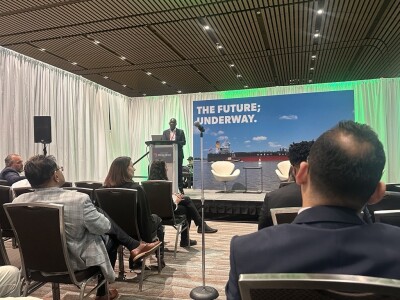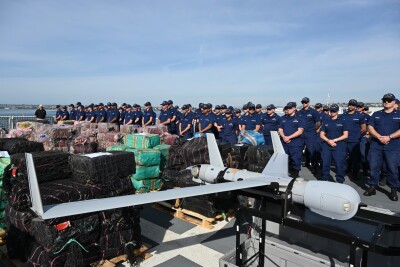Last week, there was yet another confirmation of one of the maritime industry’s biggest challenges — too few skilled employees to go around.
The Conference Board in a report titled “From Not Enough Jobs to Not Enough Workers” predicted that dearth would extend at least 15 years. The business research association looked at the risk of future labor shortages for 266 industries and 464 jobs in the United States.
The group with the highest risk of shortages was health care — not surprising given the aging population. But almost as high on the list was “water transportation workers.” This skilled labor group, along with plant and system operators, has a large concentration of people about to retire and relatively few new entrants, the report said, reflecting what many in the vessel and shipyard business already knew.
“The skilled labor occupations with high risk of labor shortages have several common characteristics. They mostly require post high school education but not a bachelor’s degree, as well as significant on-the-job training,” the Conference Board said. “Relatively few young people choose these occupations….It is very difficult to offshore most of these occupations, and there are relatively few immigrants and even fewer women working in them.
“We are likely to see more cases where employers provide incentives for older workers to stay in the workforce in locations and occupations where the retirement brain drain creates shortages. Changes in schedule, place and work duties may be necessary to ensure a good fit for employees in different situations.”
And, of course, pay will be an issue. “We expect the unemployment rate to reach its natural rate (5.5 percent) by 2015, with wage pressures likely to gradually appear as a result,” the board said. Better planning and quick reaction to workforce trends “could make a significant difference in business performance and reduce the impact on corporate profits.”
One step toward filling vacancies is the Military to Maritime career initiative started last year in Seattle and San Juan. The most recent job fair last week in Houston attracted more than 50 employers and 400 current and former service members, according to the American Waterways Operators (AWO).
Veterans are a natural fit because they bring self-discipline, experience managing vessels and an ability to think things through, operators have said.
“We look at the armed serves as a good place to recruit. They instill a lot of things that we look for in a good employee,” Mark Knoy, CEO of American Commercial Lines, told WorkBoat earlier this year. Veterans “are used to moving around a lot, and they are accustomed to a regimented schedule and workload. They make very good employees.”
Hopefully, the vets see a lot of what they’re looking for in the maritime industry.




